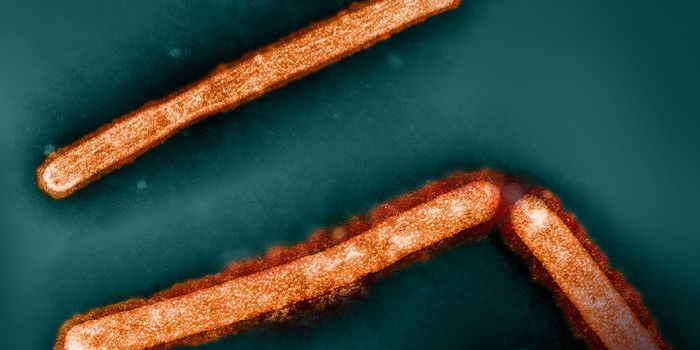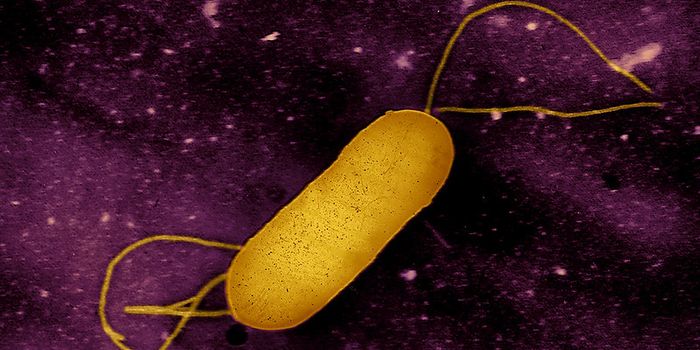Together, Penicillin & Lysozyme can Create Resistant Infections
Sir Alexander Fleming made two discoveries - the antibiotic penicillin, and the enzyme lysozyme - that have had a lasting impact on medical science. Now, one hundred years later, scientists have built on his findings, discovering how those molecules can team up to cause recurrent infections in patients. The work has been reported in Cell and may prompt an evaluation of why certain patients build resistance to antibiotics after illnesses like urinary tract or throat infections.
Penicillin, one of the most critical discoveries in medicine, works by weakening the cell walls of bacteria as they divide. The bacteria then explode because of osmotic pressure. Lysozyme, which is found in many bodily secretions like tears, also attacks the crucial wall of a bacterial cell, degrading it.
The work, by researchers in the Errington Lab, at Newcastle University's Centre for Bacterial Cell Biology, has unveiled new characteristics of these chemicals and their mode of action in patients.
Previous work by this group has shown that certain kinds of special bacteria that lack a cell wall, called L-forms, can grow under certain conditions that mimic the human tissue environment, even when exposed to penicillin. When cells treated with the antibiotic are also exposed to lysozyme, such as in areas of the body with an infection, the cell wall gets degraded by the enzyme. The bacterium then turns into an L-form, without a wall, and penicillin can’t kill it. Thus, antibiotic resistance is born, and this process is likely important to the formation of recurrent infections.
"Given Sir Alexander Fleming made his two major discoveries 80 or 90 years ago, you would expect that we knew pretty well how they worked,” commented lead author of the report, Professor Jeff Errington.
"But our study has unearthed completely unexpected findings and significantly enhances our understanding of why some patients may find their infections relapse. The results of our study have important implications because they suggest that the L-form transition may be occurring frequently during infection. Although L-forms are much more fragile than walled cells, because they are completely resistant to penicillins and related antibiotics, they may be contributing substantially to problems of persistence or recurrence of infection, which is a frequent clinical problem.
"L-forms have been implicated in a range of chronic diseases, but experts remain unconvinced as to how prevalent they are—our findings give clear evidence of their potential importance,” he concluded.
Check out the video above, describing how penicillin was discovered.










